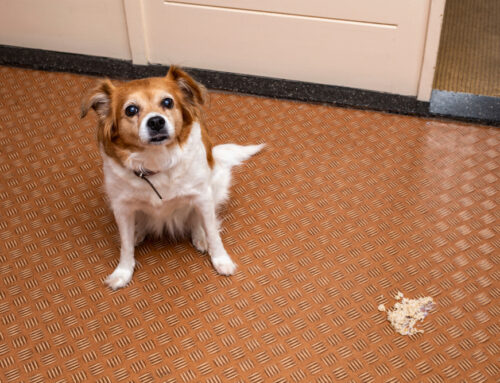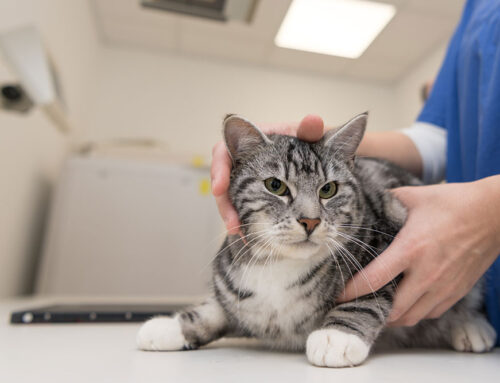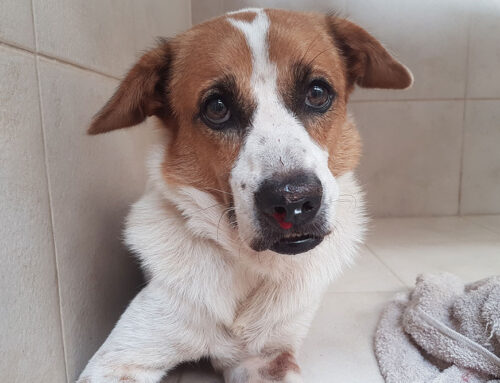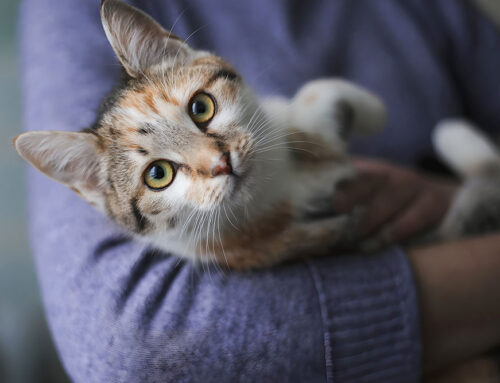As temperatures rise in North Royalton, Ohio, so do opportunities for outdoor adventures with your pet. From hikes and backyard games to road trips and lake days, summer can be an enjoyable season for both pets and their families. However, warmer weather also brings specific health and safety risks. At North Royalton Animal Hospital, we’re committed to helping you navigate those risks so your pet stays safe, active, and healthy all summer long.
Why Summer Requires Extra Vigilance for Pet Owners
Pets regulate their body temperature differently than humans. They don’t sweat the way we do-dogs cool themselves primarily through panting and limited sweating via their paw pads. This makes them more vulnerable to overheating and dehydration. With more time spent outdoors, pets are also more likely to encounter parasites, allergens, and environmental hazards.
Being proactive about prevention and recognizing early signs of danger can go a long way toward avoiding serious health issues.
Understanding and Preventing Heatstroke in Pets
Heatstroke is a life-threatening emergency that can occur quickly during hot or humid weather, especially for short-nosed breeds like Bulldogs, Pugs, and Boxers.
Warning Signs of Heatstroke
- Excessive panting or drooling
- Rapid heart rate
- Lethargy or confusion
- Vomiting or diarrhea
- Collapse or seizures
If your pet shows these symptoms, move them to a shaded or air-conditioned area, apply cool (not cold) water to their body, and seek emergency veterinary care immediately.
Read more in this AAHA guide to heatstroke in pets.
Hot Pavement and Paw Safety
Sidewalks, driveways, and sand can become dangerously hot during summer. If the surface is too hot for your hand, it’s too hot for your pet’s paws.
How to Protect Your Pet’s Paws
- Walk during cooler hours (early morning or late evening)
- Stick to grassy areas or shaded trails
- Consider pet booties or paw wax for extra protection
More tips can be found in Walking On Sunshine: How to Protect Your Pet’s Paws This Summer.
Water Safety: Pools, Lakes, and Hydration Risks
Swimming can be a great way for pets to cool off, but it’s important to take proper precautions:
- Always supervise your pet near water
- Use pet life vests for inexperienced swimmers or deep water
- Teach your pet how to safely exit the pool or water source
Be Aware of Water Intoxication
Drinking too much water while playing can lead to a rare but serious condition called water intoxication. Symptoms include lethargy, vomiting, and loss of coordination. Read more on this in Dive Into Safety: Water Safety Tips for Pets.
Parasite Prevention: Fleas, Ticks, and Mosquitoes
Warm weather brings an increase in fleas, ticks, and mosquitoes—all of which can carry diseases.
- Use year-round flea, tick, and heartworm prevention
- Check your pet for ticks after outdoor activity
- Keep grass trimmed and avoid high brush or wooded areas
For more on skin reactions to parasites, read about Flea Allergy Dermatitis in Dogs and Cats.
Sun Protection and Skin Health
Pets with light-colored or thin coats are susceptible to sunburn. Sensitive areas include the ears, nose, belly, and any spots with thin fur.
Sun Safety Tips
- Apply pet-safe sunscreen (avoid products with zinc oxide or PABA)
- Use pet sun shirts for added UV protection
- Limit sun exposure during peak hours (10 a.m. to 4 p.m.)
Learn more from the ASPCA’s guide to pets and sunscreen.
Seasonal Allergies: Signs and Solutions
Many pets experience allergic reactions to grass, pollen, or other environmental triggers during summer.
Common Allergy Symptoms
- Excessive scratching or licking
- Red or inflamed skin
- Sneezing or watery eyes
- Ear infections or hot spots
If your pet shows signs of seasonal allergies, we can help determine the right course of action. Treatment options include antihistamines, medicated shampoos, and prescription allergy medications.
For more, visit the AKC’s guide to dog allergy symptoms and treatment.
Food and Noise Hazards During Summer Events
Barbecues and fireworks are common during the summer but can pose risks to pets.
Food Dangers
Avoid giving pets any of the following:
- Grapes or raisins
- Onions and garlic
- Chocolate or alcohol
- Cooked bones or fatty table scraps
Firework Safety
- Keep pets indoors during fireworks displays
- Create a quiet, secure room where they can retreat
- Use white noise or calming music to mask loud sounds
Find more seasonal safety tips in Stars, Stripes, and Safety: July Fourth Pet Safety Tips.

Summer Travel Considerations
If you’re planning a trip:
- Never leave your pet unattended in a car
- Bring fresh water, shade, and food
- Ensure your pet is microchipped and wearing updated ID tags
Contact Us
Our veterinary team at North Royalton Animal Hospital is here to help your pet stay safe, active, and healthy this summer. If you have concerns about heat safety, allergies, or travel prep—or just want to book a summer wellness check—please don’t hesitate to schedule an appointment.
Let’s make this summer safe, relaxing, and full of great memories with your pet—because their health and happiness matter every season.








Leave A Comment